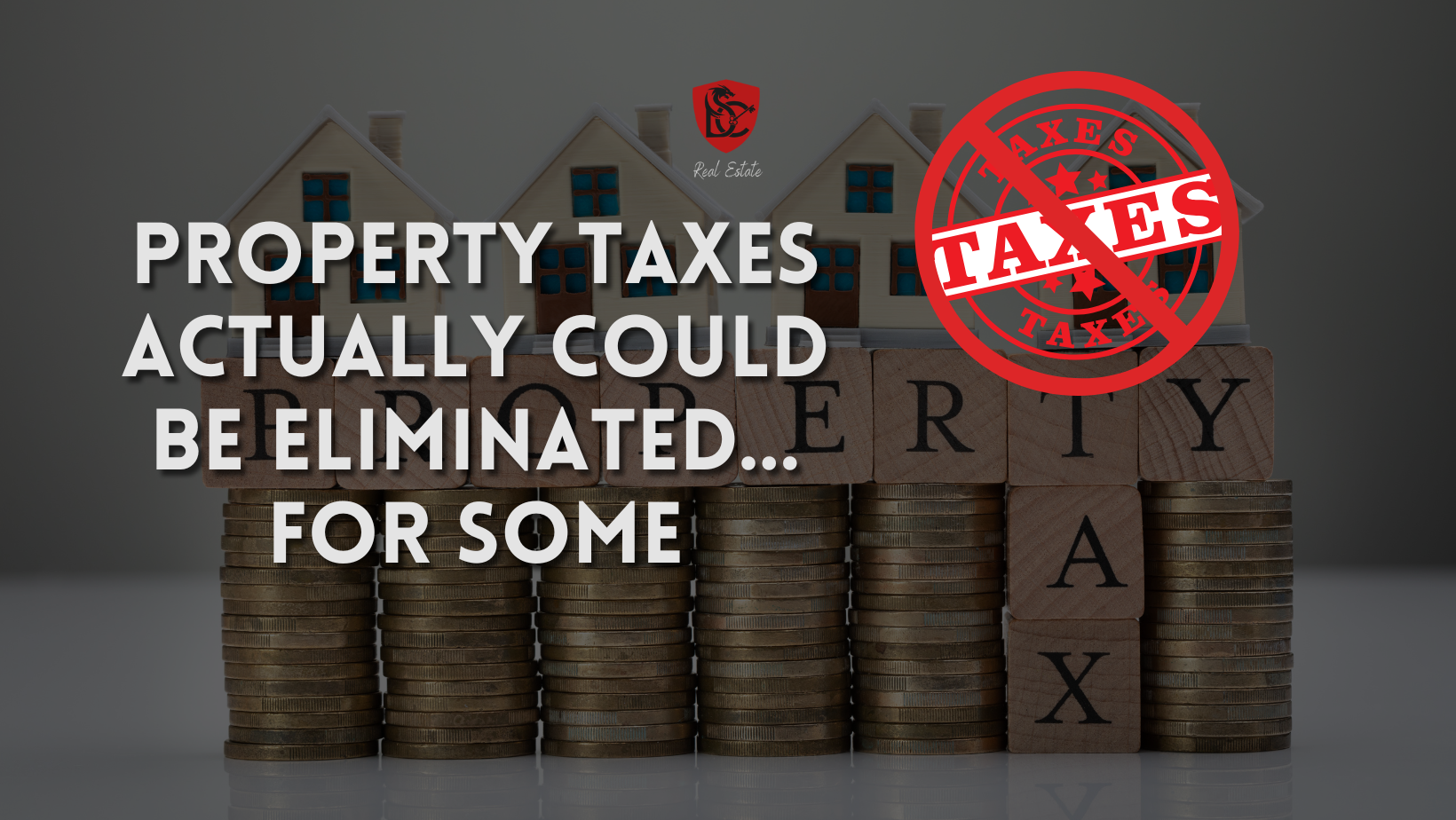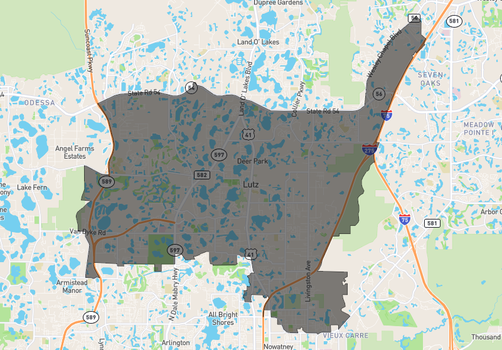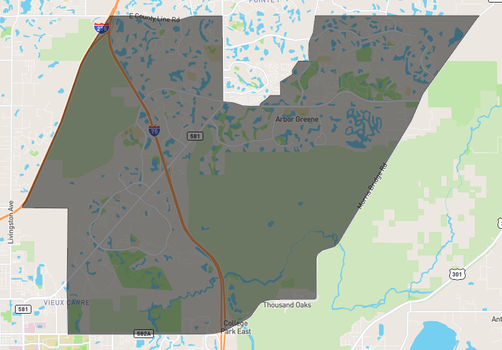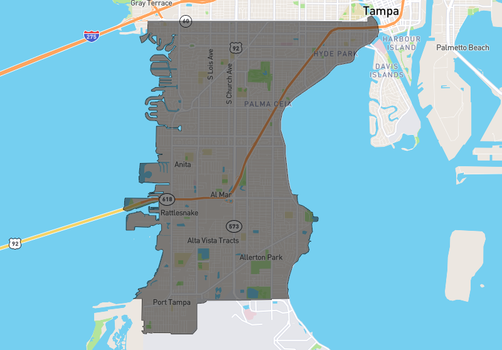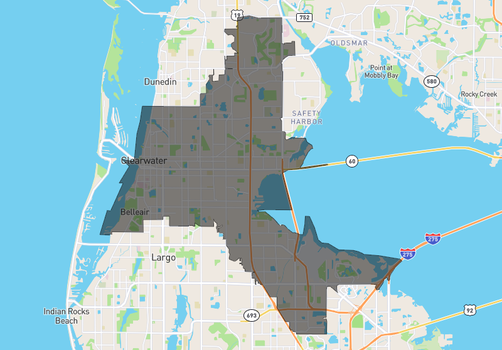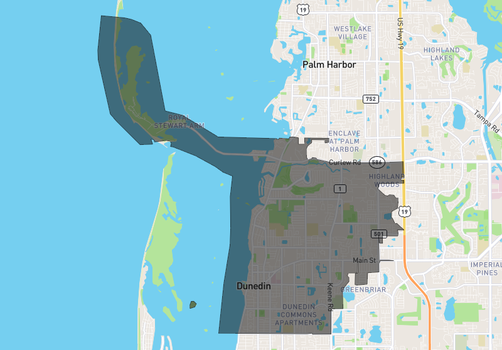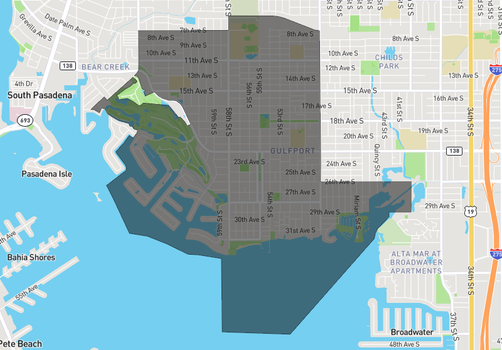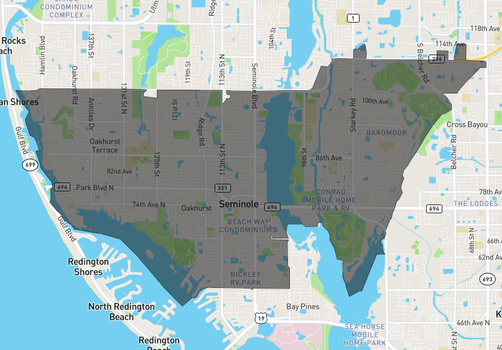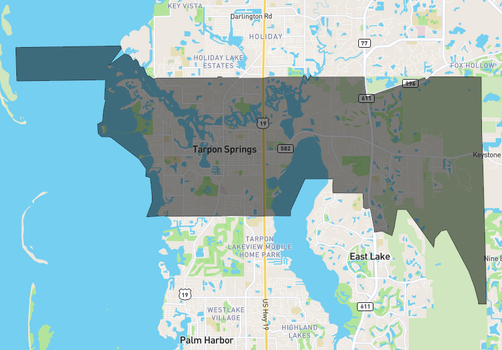~ 5 min read
Governor Ron DeSantis has recently unveiled a proposal aimed at providing substantial property tax relief to Florida homeowners, with an ambitious long-term goal of eliminating property taxes altogether. This initiative seeks to leverage the state's budget surplus to benefit residents directly.
Immediate Relief- Proposed Property Tax Rebates
In the short term, Governor DeSantis is advocating for a plan that would allocate approximately $5 billion to issue rebate checks averaging $1,000 to each homesteaded property owner in Florida. This move is intended to offer immediate financial relief to over 5.1 million homeowners across the state. The governor emphasized the importance of prioritizing property tax relief over sales tax cuts, stating that Floridians are more concerned with reducing property taxes than sales taxes, which also benefit tourists and non-residents. Florida Governor's Office+2Tallahassee Democrat+2CBS News+2
Long-Term Is Eliminating Property Taxes
Beyond immediate rebates, Governor DeSantis has expressed a desire to place a constitutional amendment on the 2026 ballot that would aim to eliminate property taxes in Florida. He argues that property taxes effectively require homeowners to "pay rent to the government," and eliminating them would provide lasting financial relief. However, such a move would necessitate identifying alternative revenue sources to fund essential public services traditionally supported by property taxes, such as education, public safety, and infrastructure.
Sales Tax Reduction?
This property tax relief proposal contrasts with a plan put forth by House Speaker Daniel Perez, who has suggested reducing the state sales tax from 6% to 5.25%. While this sales tax cut aims to make Florida more affordable, Governor DeSantis contends that it would also benefit tourists and non-residents, whereas property tax relief would directly aid Florida homeowners.
Potential Implications
Eliminating property taxes would have significant implications for local governments, which rely heavily on this revenue to fund essential services. For instance, property taxes contribute approximately 50-60% of school district funding, 18% of county revenue, and 17% of municipal revenue in Florida. To offset the loss of property tax revenue, the state would need to explore alternative funding mechanisms, such as increasing the sales tax. Some estimates suggest that the state sales tax would need to double to 12% to compensate for the elimination of property taxes, a move that could disproportionately affect low- to moderate-income households due to the regressive nature of sales taxes.
Governor DeSantis's proposal to provide immediate property tax rebates and his broader vision to eliminate property taxes represent bold steps toward reshaping Florida's tax landscape. While these initiatives aim to alleviate the financial burden on homeowners, they also raise critical questions about funding essential public services and the potential impact on local governments. As discussions continue, it will be essential for policymakers to carefully consider the trade-offs and explore sustainable solutions that balance tax relief with the need to maintain vital public services.





